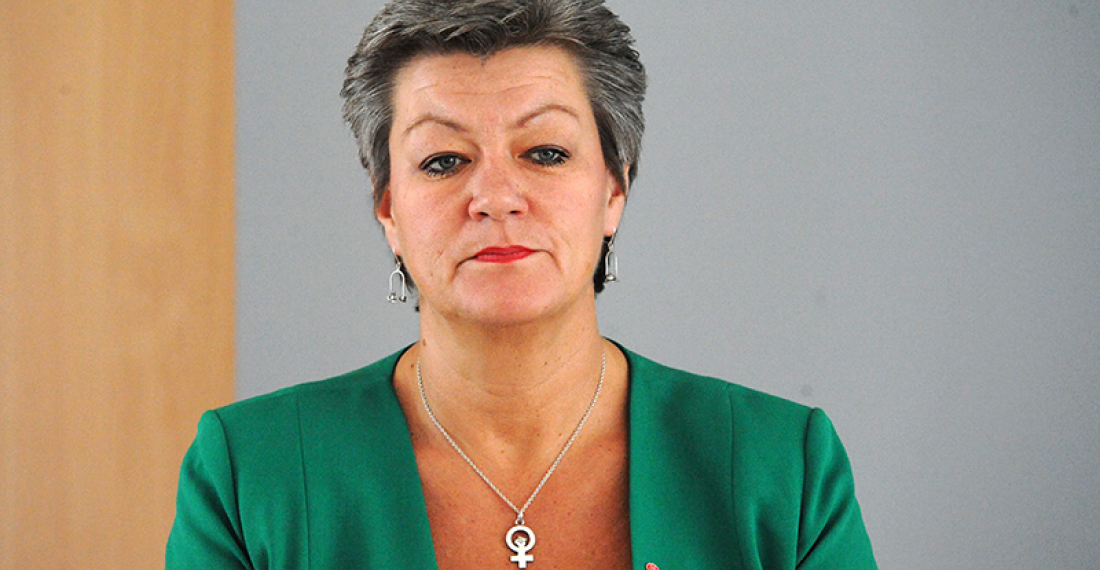In an interview with Euronews on Tuesday (23 November), the European Commissioner for Home Affairs, Ylva Johansson, said tensions at the Belarusian-Polish border were decreasing. Johansson expressed her "satisfaction" with the "clear response" she said Brussels had given the President of Belarus, Aleksandr Lukashenko, to his attempts to smuggle migrants and asylum seekers into the European Union.
Migrants and asylum seekers, who camped at the Polish border in Belarus hoping to reach the EU, have been moved to a warehouse in Belarus over the past few days. Minsk repatriates some to their countries of origin.
"We are now in a situation where it is de-escalating", Johansson commented in an interview with Euronews. "I'm satisfied that we have been able to have a clear response that Lukashenko, a desperate regime, sometimes called the last dictator in Europe, has been trying to sell illegal tickets to the European Union.
But "of course, you can never be satisfied when you have people, human beings in a freezing area". The blame for the humanitarian migration crisis lies entirely with Lukashenko, she said.






